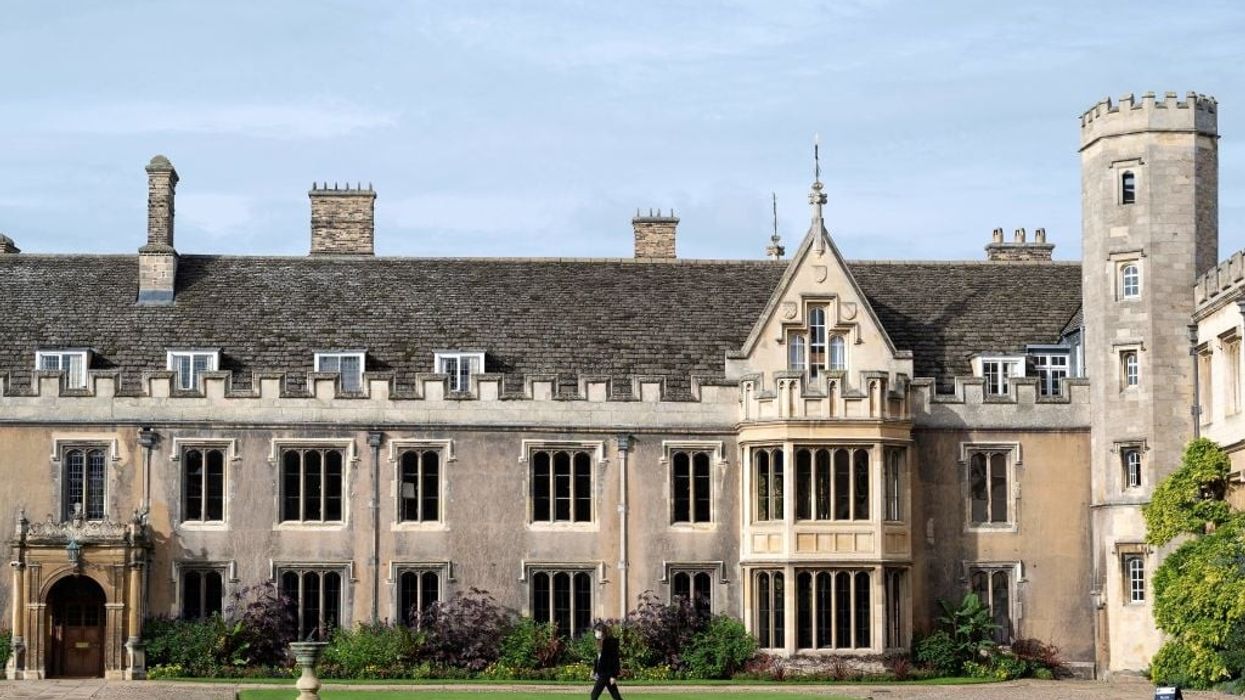A record number of teenagers from the UK's most economically challenged regions have sought admission to most exclusive university programmes in the country, according to latest data.
These students have applied to Oxford and Cambridge, and for degrees in medicine, dentistry and veterinary science.
For the first time in history, white students constitute the minority of applicants for prestigious degree programmes, data published by the Universities and Colleges Admissions Service (Ucas) has revealed.
Applications to Oxbridge universities, as well as most medicine, dentistry, and veterinary degrees, typically have an October deadline, which is notably earlier than the January deadline for other courses.
The data highlights a significant shift, with aspiring white students making up just 49.2 per cent of the 51,890 UK applicants across all age groups.
This marks a drop from 50.7 per cent in the previous year and a substantial decline from 67.9 per cent in 2015.
The 2023 application cycle recorded the lowest number of applicants from the white ethnic group in over a decade, totaling 25,530.
The number of 18-year-old applicants from economically disadvantaged postcodes increased by seven per cent this year, reaching 3,160 applicants. This is more than double the count from 2017.
While applications from UK teenagers in economically challenged areas have surged, applicants from more affluent neighborhoods have also seen an increase, rising by two per cent to 17,080 this year, nearly a quarter more than in 2017.
Sir Peter Lampl, the founder and chairman of the Sutton Trust, expressed that although the rise in applications from disadvantaged students was seen as positive, he emphasised that the disparity in access to the most selective courses had seen minimal change.
"They have to borrow more than well-off students just to live on, resulting in them graduating with higher levels of debt which is both shameful and hugely unfair," he was quoted as saying by the BBC.
"Our previous research has found that many students are skipping meals as well as working sometimes full-time hours."
There was also a six per cent increase in UK applicants receiving free school meals.
In total, there were 39,130 applications from 18-year-olds for highly competitive courses this year, a slight increase from the previous year but lower than 2021 figures.
Sander Kristel, interim chief executive of Ucas, said that it is encouraging to see a significant increase in young students from the most underprivileged areas setting their sights high for the upcoming year.
He highlighted that the reduction in the disparity among disadvantaged students, especially during the challenges posed by a global pandemic, underscores the collective efforts made by the education sector to enable every segment of society to aspire to pursue the most competitive academic programmes.
The report also revealed a slight dip in total number of international applicants this year to 20,850 from 20,970 last year. China remained the largest source country for these students.





